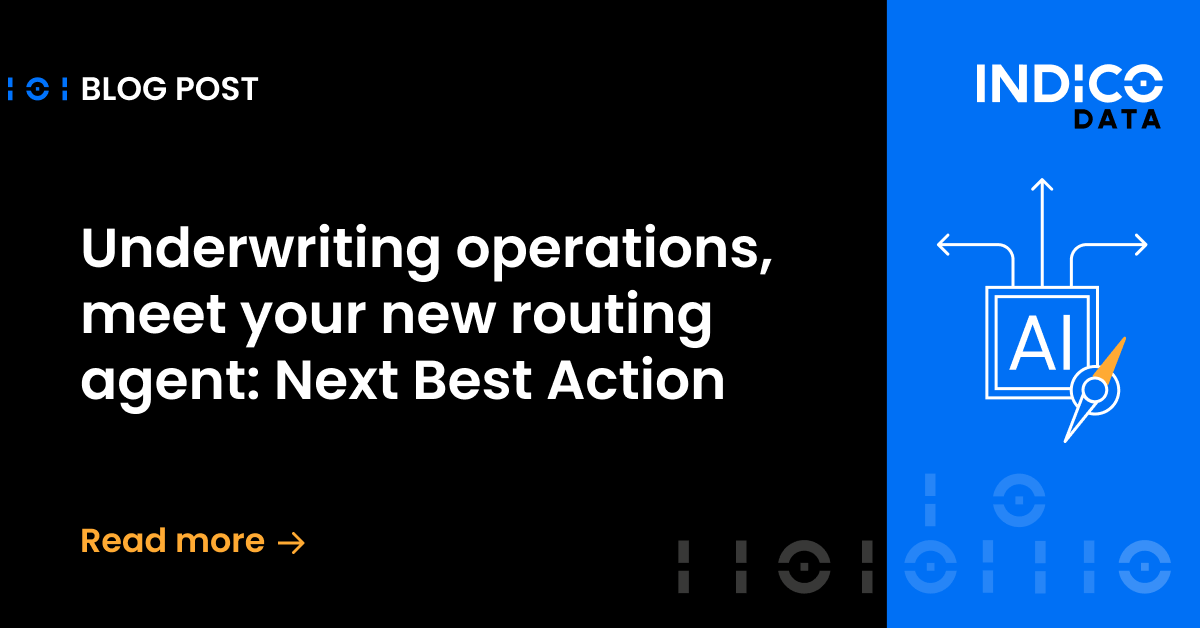Commercial real estate firms are awash in documents, most of them of the unstructured variety, which makes it difficult to implement automated processing. But with a sound intelligent document processing solution, it’s possible to automate commercial real estate processes that involve even the most complex documents.
In this post, we’ll look at three common document types and show how document automation for commercial real estate can bring significant efficiencies. The key common denominator among them is they all involve unstructured documents, meaning they vary in format and content from one to the next. That means like real estate robotic process automation tools and templated approaches to automated document processing will be ineffective. Rather, the limitations of RPA in the real estate industry scream for intelligent document processing.
Related content: How intelligent document processing can transform commercial real estate organizations
Rent roll processing
First up is automating the processing of commercial real estate rent rolls. While at first blush the rent roll may seem simple enough, it’s chock full of data that – when used correctly – can help commercial real estate firms make better decisions.
Rent rolls contain basic property data, including the name of the owner, address, and type of zoning. It also contains details on square footages, number and type of rooms, lot size, and amenities, such as common swimming pool, covered garage and the like. A rent roll should also have detailed data on tenants, including the monthly rent, date rent is due, any past due rent problems and the lease start and end dates. Finally, it should include a rental income summary, including the total monthly and annual rent collected, plus any additional income or expenses, such as cleaning and landscaping.
If commercial real estate firms have can effectively pull relevant data from rent rolls, they can use that data to make judgments about whether a given property is a good investment. It can also identify trends in properties it owns, such as whether a rent increase is warranted, and uncover red flags, such as a normally reliable tenant that is suddenly falling behind on rent. Given the potential value of such data, it’s imperative that commercial real estate firms be able to automate processing of rent rolls to extract the data.
Related Article: Cushman & Wakefield Detail the Benefits of Intelligent Automation & Limits of RPA
Lease agreement processing
The same goes for lease process automation – automating the processing of commercial real estate lease agreements. Lease agreements likewise contain valuable data that, if unlocked, could help commercial real estate firms identify trends that present opportunities.
But lease agreements are notoriously difficult to process. For one, they typically go through many iterations before the final lease is agreed upon, as lawyers from both sides of the transaction make changes.
Once the lease is closed, paralegals and lease administrators must pull out key details and facts from reams of documents to create a lease abstract that sums up the terms in an actionable format. Given the expertise required, this is an expensive, time-consuming process.
Intelligent process automation tools for commercial real estate firms can automate lease agreement processing, pulling out the relevant data and formatting it for input into downstream systems, such as an analytics engine. At that point, the commercial real estate firm can perform all sorts of analyses on it, to determine pricing trends, find hot and cold spots in the market and more – valuable intelligence that can inform future decisions.
Related content: Delivering millions in savings for a mortgage title & deed data provider
Legal contract automation
A similar opportunity exists in legal real estate automation – automating commercial real estate legal contracts. While a bevy of tools exist to help automate the process of creating the contract, once it’s complete it’s helpful to be able to pull out relevant information for input into downstream systems.
Such systems may include a contract lifecycle management system, which keeps track of key data like contract value, contract name, property owner and financial data. There’s also risk analysis tools for managing risk factors like upcoming expirations, exception-based clauses and various obligations.
Manually pulling out such data is a time-consuming process that must be performed by professionals with a high level of expertise, which again makes it an expensive endeavor.
Automating CRE processes with Indico
With the Indico Unstructured Data Platform, you can create models that automate the process of pulling out relevant data from rent rolls, lease agreements, legal contracts and more. The beauty of the system is the experts who understand the subject matter best use simple tools to label the actual documents involved in the process, denoting the various sorts of data that need to be extracted. By labeling about 200 documents, they can create models that work with extremely high accuracy. After that, these experts can dedicate far more of their time – as much as 80% – to more valuable endeavors than data extraction.
To learn more about how Indico helped the commercial real estate giant Cushman & Wakefield automate various document-intensive processes, check out this previous post. If you’d like to explore what the Indico IPA platform can do for your organization, click here to arrange a demo.


